The Big Picture –
By Glynn Wilson –
Who is this Elon Musk?
And what’s his problem?
What went wrong with Time magazine’s person of the year for 2021?
Sources with inside knowledge through the Dreams of “The Sandman” from DC Comics say Musk made a deal with the Devil back in the 1990s, and the contract is about to expire.
Musk’s behavior can only indicate one thing. He’s a man whose Faustian contract with the Devil is about to come due.
Does he have terminal cancer and hasn’t bothered to tell anyone yet?
If you look back at Musk’s life timeline on Wikipedia, it’s pretty obvious he had an encounter with Lucifer the Morning Star, the ruler of Earth and money, in the late 1990s about the time he dropped out of Stanford.
Musk was born in Pretoria, South Africa with British and Pennsylvania Dutch ancestry. His mother Maye Musk was a model and dietitian born in Saskatchewan, Canada, and raised in South Africa. His father, Errol Musk, was an electromechanical engineer, pilot, sailor, consultant and property developer in South Africa who was half-owner of a Zambian emerald mine near Lake Tanganyika. So he comes from wealth.
He briefly attended the University of Pretoria, living with his father after his parents split. But he had some kind of a falling out with his dad and moved to Canada at the age of 18, where he acquired citizenship through his mother. Two years later, he matriculated at Queen’s University and then transferred to the University of Pennsylvania, where he received bachelor’s degrees in economics and physics.
In 1995, he was accepted to attend graduate school at Stanford University and moved to California. But something happened. After two days, he dropped out.
Did Musk go on a high dose acid trip and meet up with the Devil at the crossroads in Palo Alto? Or did he just discover and start snorting meth, on top of his Aderall prescription for being ADHD?
He and his brother Kimbal started an online city guide software company called Zip2 with $28,000 in funding from dad. The company developed an internet city guide with maps, directions and yellow pages, and marketed it to newspapers. They worked at a small rented office in Palo Alto, south of San Francisco, with Musk doing the programming on the website at night.
Why at night? Did he sleep all day like a vampire? Was he hyped up on speed even then like many computer programmer/hackers?
Eventually, Zip2 obtained contracts with The New York Times and The Chicago Tribune. Somehow, the brothers persuaded the board of directors to abandon a merger with CitySearch, but Musk’s attempts to become CEO were thwarted. It has been reported that Musk was an awkward and introverted child, and he has admitted to having Asperger’s Syndrome.
He also apparently suffers from being an asshole syndrome.
Compaq ended up buying Zip2 for $307 million in cash in February, 1999. Musk received $22 million for his 7-percent share, making him a millionaire.
Not satisfied with that, and wanting to own the bank where he placed his new found wealth, Musk co-founded the online bank X.com, which ended up merging with Confinity in 2000. The new company became PayPal, but Musk was considered so weird that he was kicked off the board of directors. Yet in 2002, when eBay bought out PayPal, his share came to $175.8 million.
Still not satisfied, Musk took that money and started SpaceX, a spaceflight services company, and began his quest to colonize Mars, an uninhabitable Martian landscape that would take years to reach. Of course there is no oxygen or liquid water there. But hey, he figured, we’ve got to get our Star Trek going sometime, somewhere.
In 2004, he was an early investor in the electric vehicle manufacturer Tesla Motors. He became its chairman and product architect, eventually assuming the position of CEO in 2008. In 2006, he helped create SolarCity, a solar energy company that was later acquired by Tesla and became Tesla Energy.
In 2015, he co-founded OpenAI, a nonprofit artificial intelligence research company. The following year, he co-founded Neuralink, a neurotechnology company developing brain-computer interfaces, and The Boring Company, a tunnel construction company.
Neuralink, which may have been inspired by the Star Trek episodes featuring The Borg, conducted animal testing on macaque monkeys at the University of California, Davis’ Primate Research Center. In 2021, the company released a video in which a Macaque played the video game Pong via a Neuralink implant.
The company’s animal trials, which have caused the deaths of some monkeys, have led to claims of animal cruelty.
The Physicians Committee for Responsible Medicine has alleged that Neuralink’s animal trials have violated the Animal Welfare Act. Employees have complained that pressure from Musk to accelerate development has led to botched experiments and unnecessary animal deaths. In 2022, a federal probe was launched into possible animal welfare violations.
In 2022, Musk purchased the social media platform Twitter for $44 billion after a contentious fight with share holders.
“Musk has made controversial statements on politics and technology, particularly on Twitter, and is a polarizing figure,” according to the online encyclopedia. “He has also been criticized for making unscientific and misleading statements, such as spreading COVID-19 misinformation.”
In 2018, the U.S. Securities and Exchange Commission (SEC) sued Musk for falsely tweeting that he had secured funding for a private takeover of Tesla. Musk stepped down as chairman and paid a $20 million fine as part of a settlement agreement with the SEC.
Musk is often described as a micromanager and has called himself a “nano-manager.” The New York Times has characterized his approach as “absolutist,” kind of like Donald Trump.
Musk does not write formal business plans. It is reported that he prefers to approach engineering problems with an iterative design methodology and tolerance for failures, which can get dangerous. He has forced employees to adopt the company’s own jargon and launched ambitious, risky, and costly projects against his advisors’ recommendations, such as removing front-facing radar from Tesla Autopilot. His insistence on vertical integration causes his companies to move most production in-house.
While this resulted in saved costs for SpaceX’s rocket, vertical integration has caused many usability problems for Tesla’s software.
Musk’s handling of employees – whom he communicates with directly through mass emails – has been characterized as “carrot and stick,” rewarding those who offer constructive criticism, while also being known to impulsively threaten, swear at and fire his employees, as he recently did at Twitter.
Musk said he expects his employees to work long hours, sometimes 80 hours a week. He has his new employees sign strict non-disclosure agreements and often fires in sprees, as during the Model 3 “production hell” in 2018.
In 2022, Musk revealed plans to fire 10 percent of Tesla’s workforce, due to his concerns about the economy. That same month, he suspended remote work at SpaceX and Tesla and threatened to fire employees who do not work 40 hours per week in the office.
The Wall Street Journal reported that, after Musk insisted on branding his vehicles as “self-driving,” he faced criticism from his engineers for putting customer “lives at risk,” with some employees resigning as a consequence.
Musk is also president of the Musk Foundation, which has a stated purpose to provide solar-power energy systems in disaster areas; support research, development, and advocacy (for interests including human space exploration, pediatrics, renewable energy and “safe artificial intelligence”); and support science and engineering educational efforts. From 2002 to 2018, the foundation gave $25 million directly to non-profit organizations, most of it to his own OpenAI, although he has made donations to the Wikimedia Foundation, his alma mater the University of Pennsylvania, and his brother Kimbal’s Big Green.
The foundation has been criticized for the relatively small amount of wealth donated. In 2020, Forbes gave Musk a philanthropy score of 1, because he had given away less than 1% of his net worth. In November 2021, Musk donated $5.7 billion of Tesla’s shares to charity, according to regulatory filings. However, Bloomberg News noted that all of it went to his own foundation, bringing Musk Foundation’s assets up to $9.4 billion at the end of 2021. The foundation only disbursed $160 million to non-profits that year.
Since joining Twitter in 2009, Musk has been an active user and had over 100 million followers as of June 2022. He posts memes, promotes business interests, and comments on contemporary political and cultural issues. Musk’s statements have provoked controversy, such as for mocking preferred gender pronouns, and comparing Canadian prime minister Justin Trudeau to Adolf Hitler. The New York Times describes his contributions to international relations as “chaotic.” Critics of Musk have argued that there is a lack of separation between his opinions and his business interests.
New York Magazine recently reported that many of his views tend to be tailored to please the Communist Party in China.
“You don’t have to be a conspiracy theorist to grasp why Musk has developed this idiosyncratically China-free version of the (coronavirus) lab-leak theory. Tesla’s largest factory is located in China, and his car business requires cooperation from that country’s government. The Chinese Communist Party is notoriously rigid about policing the speech habits of any businesses it permits to operate.”
“Musk,” they say, “accordingly, has reliably toed the Communist Party line. He has proposed that China be handed control of Taiwan. He has praised the Communist regime as superior to American democracy: ‘China rocks in my opinion. The energy in China is great. People there, like, a lot of smart, hardworking people, really are not entitled; they’re not complacent. Whereas I see in the United States increasingly much more complacency and entitlement, especially in places like the Bay Area and L.A. and New York’.
“Before his Twitter feed became a Tucker Carlson knockoff, it was a conduit for Chinese Communist Party propaganda.”
Musk’s Politics
While often described as libertarian, Musk has called himself “politically moderate” and was a registered independent voter when he lived in California. The New York Times wrote that Musk “expresses views that don’t fit neatly into [the American] binary, left-right political framework.”
Historically, Musk has donated to both Democrats and Republicans, many of whom are in states in which he has a vested interest. Beginning in the late 2010s, however, Musk’s political contributions shifted almost entirely to Republicans.
Musk allegedly voted for Hillary Clinton in the 2016 presidential election. In the 2020 Democratic Party presidential primaries, Musk endorsed candidate Andrew Yang and expressed support for his proposed universal basic income. But he also endorsed the 2020 presidential campaign of Kanye West, now going by the nickname Ye, who recently generated controversy by bringing neo-Nazi Nick Fuentes to dinner with Trump at Mar-a-Lago.
Musk claimed he voted for Joe Biden in the 2020 presidential election, but in 2022, Musk said that he could “no longer support” the Democrats because they are the “party of division and hate,” and wrote a tweet encouraging “independent-minded voters” to vote Republican in the 2022 midterm elections. He’s an outlier among social media executives who typically avoid partisan political advocacy.
He also leans towards supporting Republican Ron DeSantis in the 2024 U.S. presidential election, although he gave a nod to Trump by allowing him back on Twitter, which was the last straw for many liberals, Democrats and celebrities, who vowed to leave the platform as a result of Musk’s support of “hate speech” by calling it “free speech,” although he has openly censored prominent voices on the left since taking over Twitter.
Last week, he began releasing internal communications from former staff members at Twitter, making a big deal out of the moderation of a New York Post story alleging illegalities on a stolen or hacked laptop of Biden’s son Hunter, and then showing how the staff came to moderate and ultimately ban Trump from posting false information on Twitter about the results of the 2020 election.
It was a shit show by a man who has called himself the “Chief Twit,” and was totally ignored by many mainstream media organizations. I was involved in the discussion on Twitter all along, from the start, and wrote about it myself.
The Twitter Files: The Removal of Donald Trump
So what do you think? Did Musk agree to a Faustian bargain to earn his wealth and celebrity? Do you think his time in the limelight is just about up?
___
If you support truth in reporting with no paywall, and fearless writing with no popup ads or sponsored content, consider making a contribution today with GoFundMe or Patreon or PayPal.
—
Faust is the protagonist of a classic German legend based on the historical Johann Georg Faust


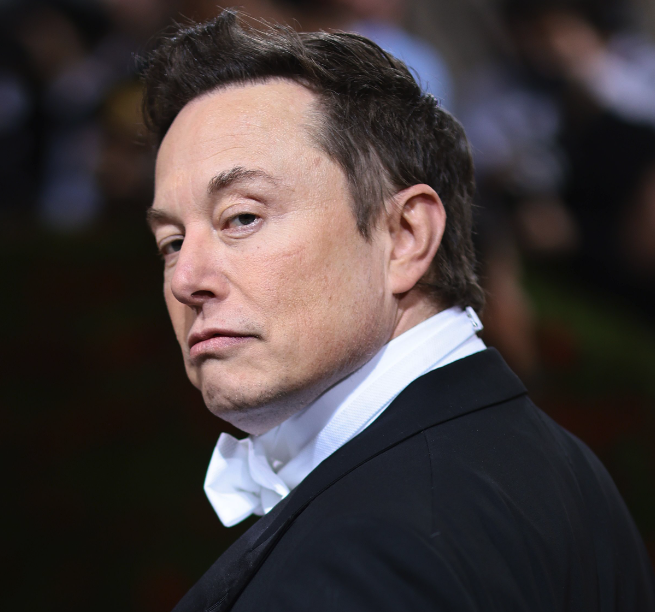
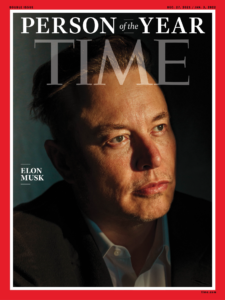
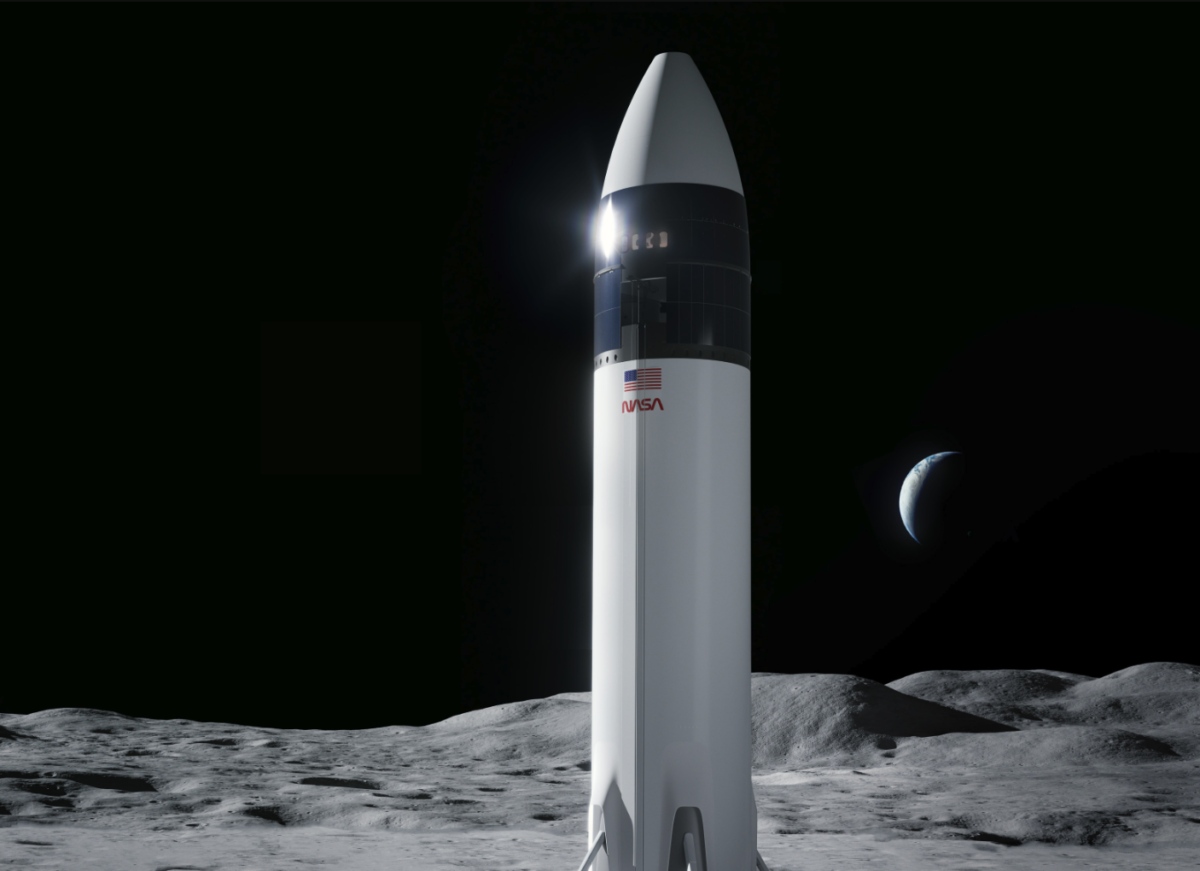
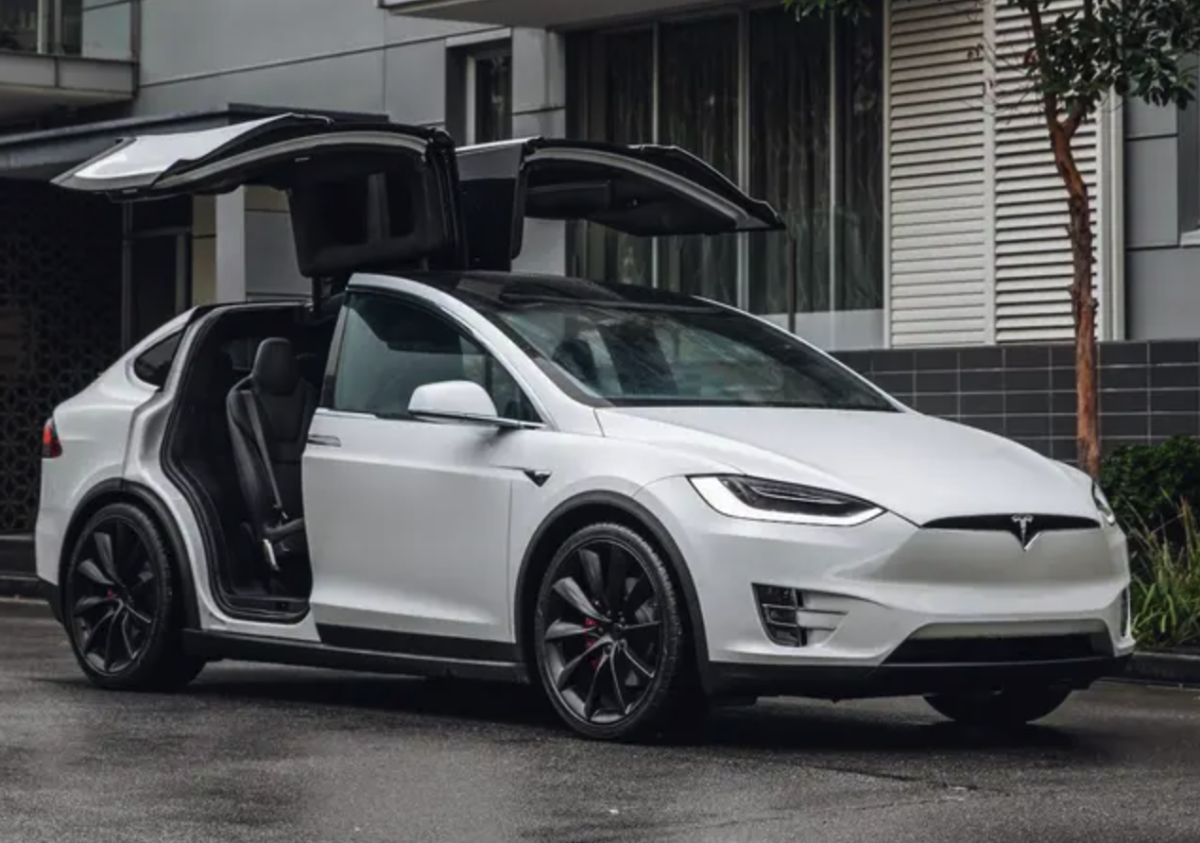





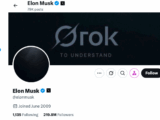






Good article on the Muskman! We all really need to play mind pong eh?
Musk is stoned all the time & smokes more pot than Seth Rogen, Cheech & Chong together! Plus who knows what other drugs he takes. He’s out of his mind from dawn til dusk!